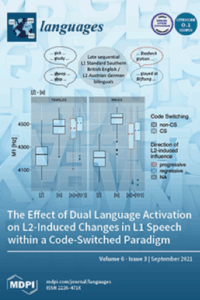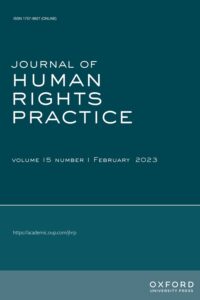In this chapter, I examine the question of how human rights have fared in contexts of structural inequality, racial segregation and racialised water service delivery, by looking at two cases that challenged the racialised disconnection of household water supply: Lyda in Detroit, and Mazibuko in Johannesburg. Although the US is a wealthy global-North country and South Africa is a less wealthy global-South country, both countries experience high levels of racialised socio-economic inequality and residential segregation. Strikingly, in Johannesburg and Detroit the same systemic problem (the racialised disconnection of water supply) has given rise to human rights-based litigation that in both instances lost in court. The similarities in socio-economic context and litigation outcomes notwithstanding significantly different legal frameworks, makes these compelling case studies to examine together, and suggests that what is at play has less to do with the law, and more to do with socio-political and structural determinants.
A Research Agenda for Human Rights and the Environment
Racial segregation, water disconnection and human rights litigation: An examination of the use of law to challenge structural racism in Detroit and Johannesburg



